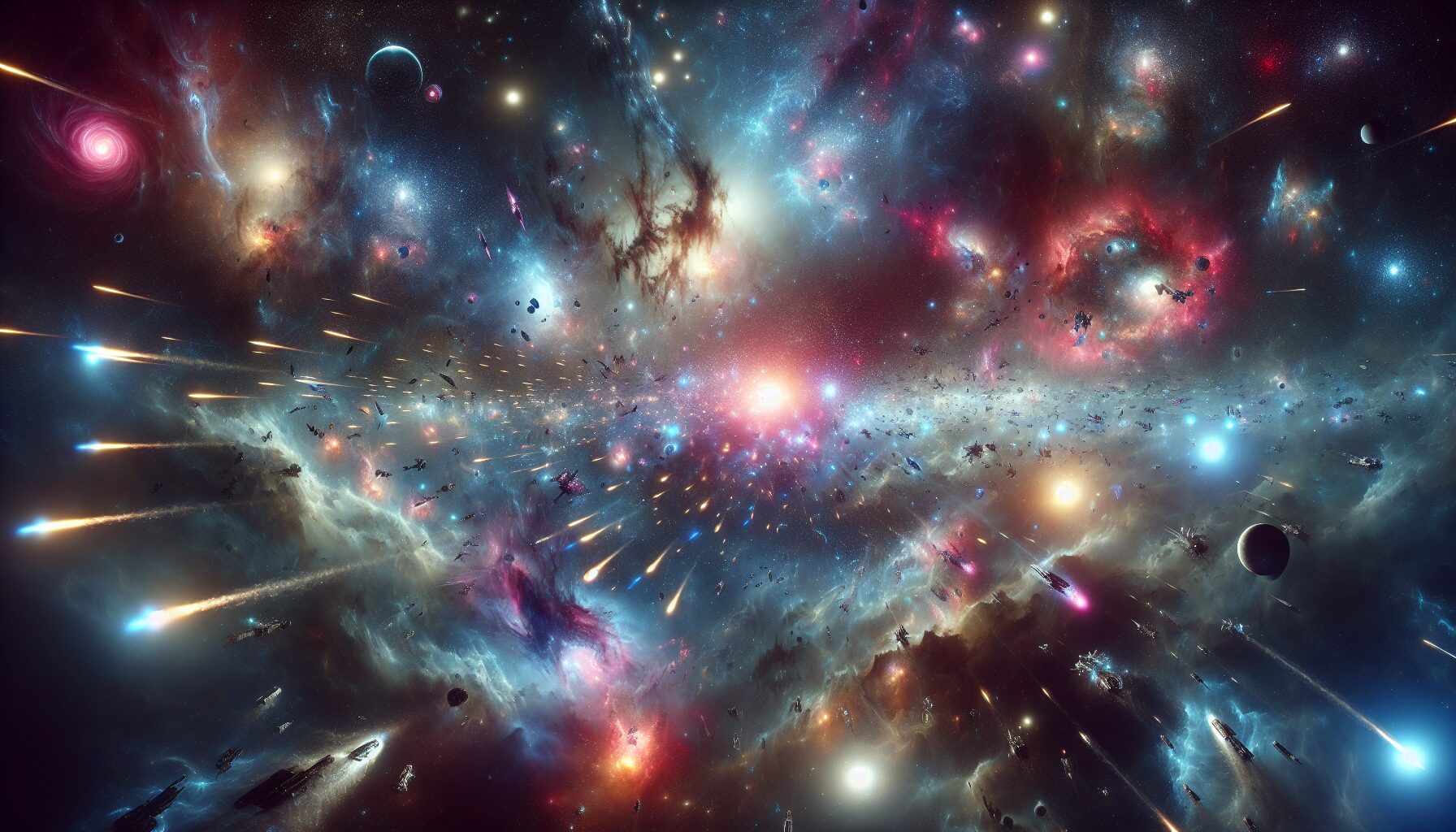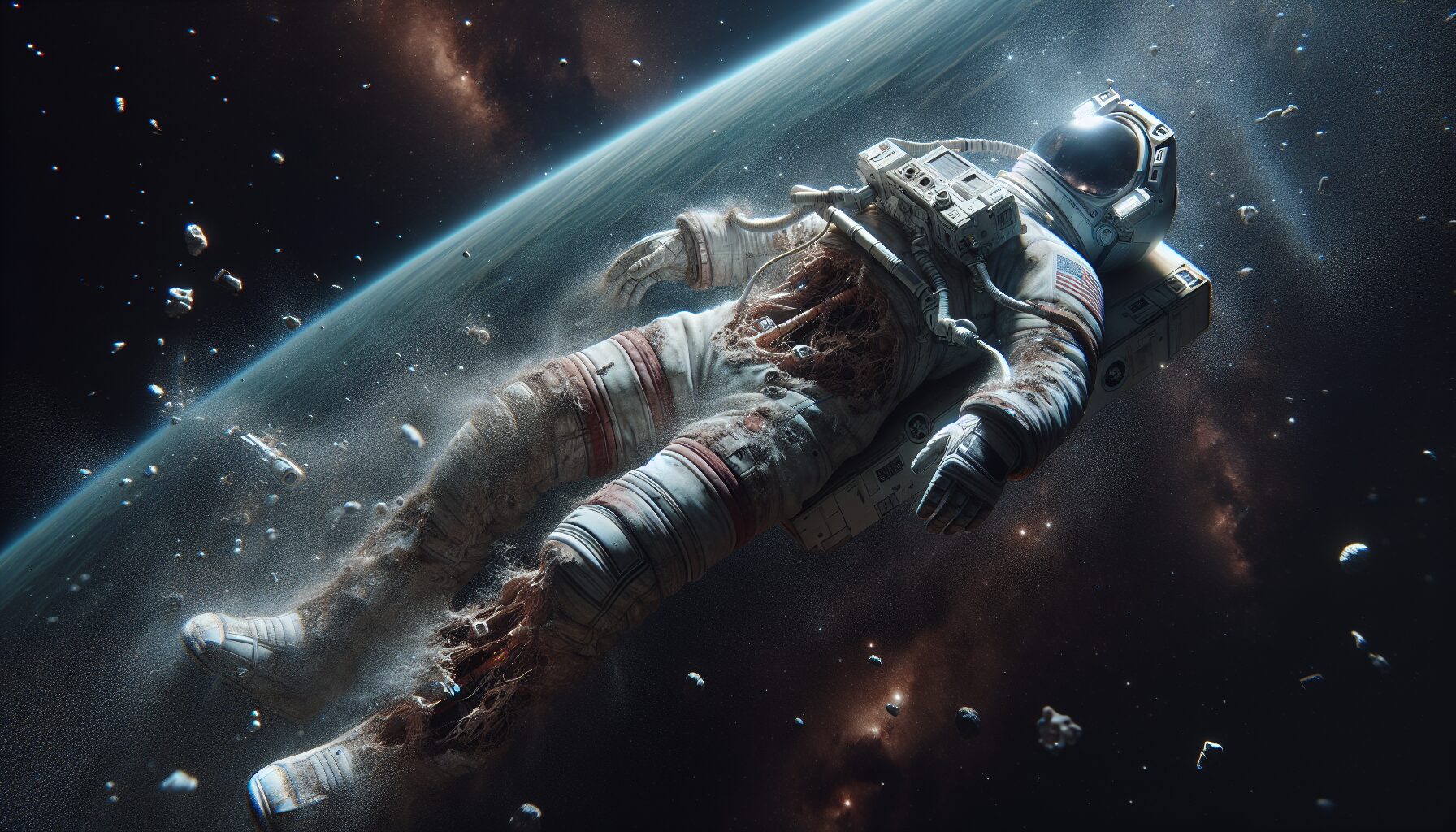Across many cultures, the winter solstice marks a pivotal point in the astronomical calendar. It heralds the return of light and warmth, as the days start to grow longer. In one remote village, there is a mystical story that celebrates this celestial event—a tale known as The Solstice Feather.
The story begins in a time when night extended long into the hearts of winter, holding the world in an icy grip. The villagers, huddled under thick quilts, told tales of a magic feather, shimmering gold and full of light. Legend held that this feather belonged to the mighty Phoenix, a bird whose rebirth signified the return of hope and the sun’s power.
“The Phoenix, with feathers of flame, soars through the skies to ignite the dawn of a new era.” — Ancient Origins
Each year, as the winter solstice approached, the village elders would guide a sacred ritual. They believed that by honoring the Phoenix, they could help usher in the return of the sun. It was said that if a villager were pure of heart, the Phoenix would gift them a feather—a sign that light would return.
- The chosen villager was tasked with climbing the highest peak, carrying only a simple lantern.
- At the summit, the lantern’s flame would be used to light a beacon, calling the Phoenix.
- If successful, the sky would blaze with dawn’s colors long before the sun officially rose.
Legend recounts the tale of a young girl named Elara, who, amidst the longest and coldest night, was visited in her dreams by the Phoenix. Guided by an unseen force, she climbed the mountain. As she reached the top, a golden feather drifted from the heavens, resting gently in her palm.
The villagers watched in awe as dawn broke, painting the world in warm hues. Elara’s feather had ignited a chain reaction of light, sealing the promise of brighter days. Her act of courage became a beacon, teaching future generations that even in the darkest of times, hope and enlightenment emerge.
The tale of The Solstice Feather continues to inspire today, illustrating the human spirit’s resilience in facing the unknown. Every solstice, people gather in their own way, to celebrate life and welcome the returning light.
“In the depth of winter, I finally learned that there was an invincible summer in me.” — Albert Camus
The story of The Solstice Feather is not just about the triumph of day over night; it is a profound reminder of renewal, rebirth, and the cyclical nature of existence. As we turn our eyes to the sky each solstice, we can almost feel the warmth of Elara’s feather guiding us back to the light.


